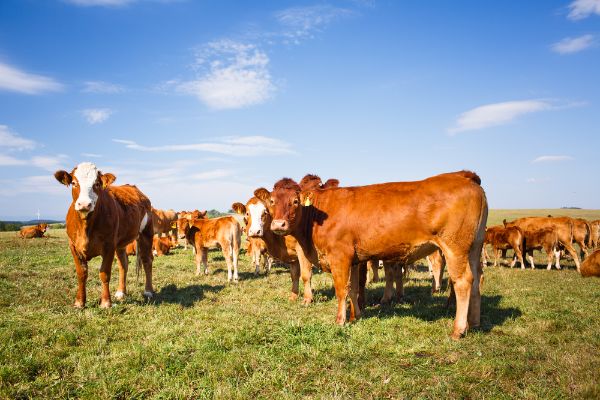John Boyd, Jr., president of the National Black Farmers Association and a rancher with over four decades of experience, expressed serious concerns about the current state of the U.S. cattle industry on “Fox & Friends First.” He highlighted a significant reduction in beef production, stating that the country is producing 1 billion pounds less beef compared to last year. Boyd emphasized the urgent need to invest in America’s cattle farmers to address this issue, expressing disappointment with the current administration’s handling of the situation.
The decline in beef production has led to empty stalls at cattle markets, such as one near Boyd’s home in Blackstone, Virginia. This situation is expected to lead to increased beef prices, impacting consumers nationwide. Boyd criticized the Biden administration for not giving adequate attention to what he says is a national crisis for American cattlemen.
The USDA’s biannual Cattle Inventory Report reveals a stark picture: the U.S. cattle herd as of January 1, 2024, totaled 87.2 million head, a decrease of about 2% from the previous year and the smallest herd size in 73 years. Agricultural economists attribute this decline to a combination of factors, including persistent drought over the past three years, high input costs, and inflation.
These factors are affecting both consumers and farmers. Bernt Nelson, an economist at the American Farm Bureau Federation, explained that higher input prices and drought conditions have led farmers and ranchers to market more cattle, including female cattle crucial for replenishing the herd. The current calf crop is the smallest since 1948, signaling potential challenges in beef supply in the coming years.
Despite the current strong pipeline for beef supplies, Nelson warned that as this supply diminishes, beef could become increasingly scarce, potentially leading to record prices in 2024 and 2025. The U.S. Bureau of Labor Statistics reported that beef sold for an average of $5 per pound last year, but prices are expected to rise due to these supply issues.





Comments are closed.